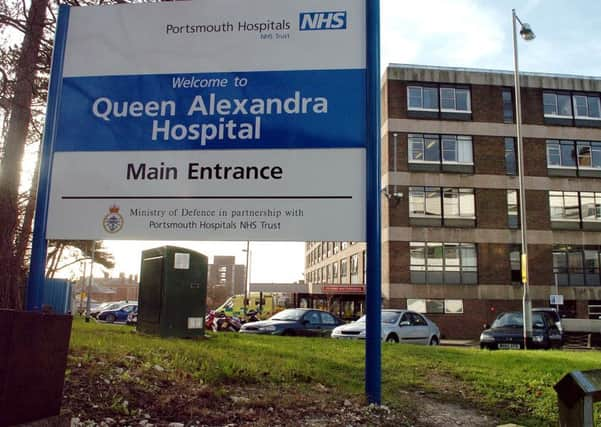Babies' colic medicine could help spot cancers


Currently, patients have a procedure when a tube is put down the throat (gastroscopy).
But when the camera is in the stomach the doctor can be faced with bubbles and other fluid which interferes with visibility and increases the risk of missing a serious abnormality, such as cancer.
Advertisement
Hide AdAdvertisement
Hide AdThe research gastroenterology team at Queen Alexandra Hospital, run by Portsmouth Hospitals NHS Trust, ran a study involving 126 patients who were undergoing routine gastroscopy.
They were divided into three groups with some receiving a drink before the procedure containing simeticone, as found in the baby medicine Infacol, some receiving water; and some not being given a drink at all, which is current standard procedure.
And the results show that the pre-procedure drink containing the active ingredients significantly improved visibility during the gastroscopy.
Professor Pradeep Bhandari, lead researcher for the study, said: ‘The study data has clearly demonstrated the advantage of giving the drink before the endoscopy.
Advertisement
Hide AdAdvertisement
Hide Ad‘Having this drink could potentially improve the efficiency of the procedure as the endoscopists will be using fewer flushes to clear the stomach.
‘We feel that improving the visibility should be coupled with endoscopist education and skill to ensure the true gain.
‘We’re introducing this in our routine practice at QA and would encourage other centres to do so.’
Survival from upper gastrointestinal cancer is largely determined by when it is diagnosed and hence early detection is key to improving outcomes for these patients.
Advertisement
Hide AdAdvertisement
Hide AdPrevious studies have shown there is a well documented miss rate, of between four and 13 per cent, for oesophageal and gastric cancer at an initial gastroscopy for cancers diagnosed on subsequent investigations, including repeat gastroscopy.